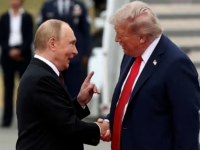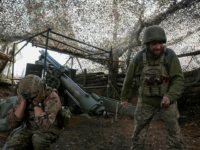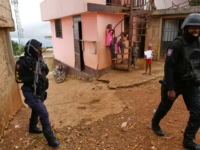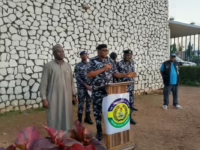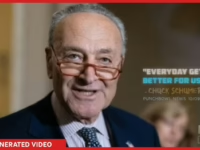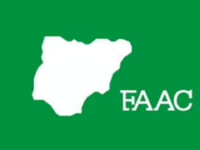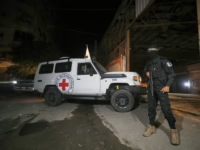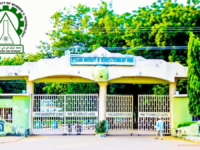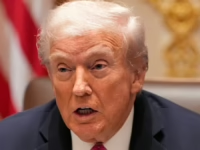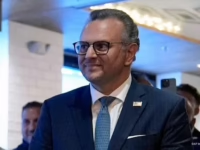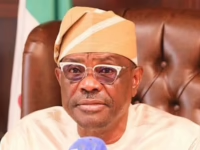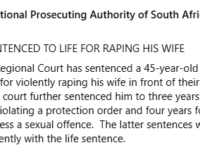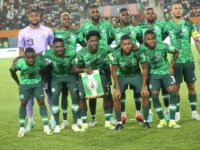With the rise of organised crime across Africa, civil society organisations (CSOs) on the continent have voiced serious concerns regarding proposed regulations aimed at non-governmental organisations (NGOs). While recognising the imperative to combat escalating criminal activities, these groups caution that overly stringent controls could hinder their essential contributions to human rights advocacy, development initiatives, and transparency efforts.
The 2nd Africa Civil Society AML/CFT Conference 2025 has brought to light the growing apprehension that heavy-handed regulation of nonprofit organisations (NPOs) throughout Africa is significantly restricting their capacity to deliver humanitarian aid and development programs, even as threats from organised crime and terrorist financing intensify.
Held in Gaborone, Botswana, from October 15 to 17, this three-day event is organised by Spaces for Change (S4C) and Civic Advisory Hub Uganda, in collaboration with Botswana’s Ministry of Labour and Home Affairs and the ICIFF University of Botswana.
The conference convened a broad spectrum of stakeholders, including representatives from government ministries, law enforcement, financial intelligence units, donor agencies, intergovernmental organisations, civil society, diplomatic missions, and academic institutions.
Under the theme “Centering Civic Space in the Fight Against Money Laundering and Terrorism Financing,” the forum emphasised the critical need to strike a balance between enforcing security protocols and safeguarding the essential environment for civic participation.
African CSOs are acknowledged as indispensable allies in detecting and countering money laundering and terrorist financing due to their extensive grassroots networks and nuanced understanding of local vulnerabilities.
Nevertheless, numerous speakers cautioned that existing AML/CFT regulations frequently marginalise or penalise these organisations, thereby compromising their autonomy and operational effectiveness.
In his keynote address, Botswana’s President Dumo Gideon Boko recognised the ongoing menace posed by organised crime across the continent.
He advocated for thorough oversight of all entities, including nonprofits, to prevent their misuse by illicit financiers. Simultaneously, he underscored the necessity of maintaining legal safeguards and protecting civic liberties, stressing that anti-crime efforts must not infringe upon fundamental human rights.
Victoria Ibezim-Ohaeri, executive director of Spaces for Change, highlighted the detrimental effects of excessive regulation on NPOs.
She remarked, “Nonprofits welcome appropriate government oversight, but when regulation becomes overbearing, it restricts their ability to mobilise, function, and deliver their charitable missions effectively.”
Her statement calls for regulatory approaches that are both risk-sensitive and respectful of rights, ensuring NGOs continue to serve as vital contributors to development and humanitarian causes.
The conference programme features comprehensive masterclasses addressing critical AML/CFT issues such as bank derisking-where financial institutions disproportionately limit services to NPOs-automation in compliance, risk evaluation, illicit procurement practices, whistleblower protections, and gender-responsive counterterrorism financing tactics.
These sessions are designed to provide civil society and regulatory bodies with actionable strategies to manage sector-specific risks while preserving the openness of civic space.
A key highlight will be the unveiling of Spaces for Change’s latest report, “Security First: The Impact of Security Laws on Civic Space in West Africa.”
This study reveals how security legislation has increasingly restricted civil society’s operational freedom, diminishing their role in governance and social progress. By bringing together governments, regional organisations, law enforcement, financial regulators, donors, and civil society representatives, the conference encourages shared reflection on enhancing Africa’s approach to combating money laundering and terrorist financing.
The overarching aim is to develop AML/CFT frameworks that protect citizens without compromising the freedoms essential for inclusive development and social equity. As discussions advance, participants are committed to translating dialogue into cooperative initiatives that reinforce the continent’s security architecture while nurturing the indispensable role of nonprofits in fostering resilient communities.




